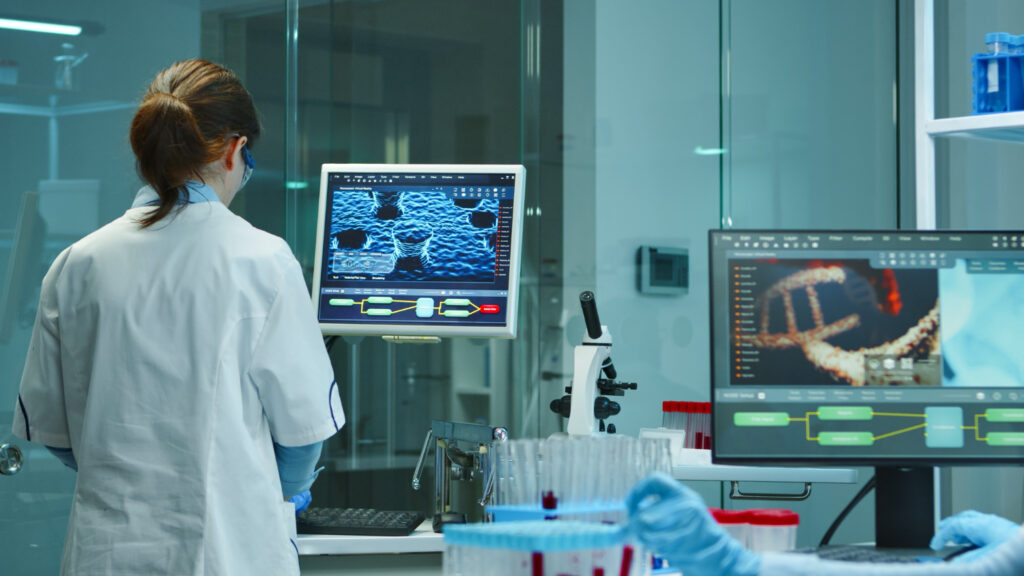Stargate Project: an advance in early cancer detection through artificial intelligence

El Proyecto Stargate, impulsado por Oracle, OpenAI y Softbank, busca transformar la salud pública con pruebas de sangre analizadas por IA y vacunas personalizadas contra el cáncer.
The announcement of the Stargate Project by former president Donald Trump, together with Oracle, OpenAI, and SoftBank, has sparked major expectations in the health sector. With an initial investment of 100 billion dollars and a projected growth up to 500 billion, this ambitious initiative aims to make early cancer detection possible through artificial intelligence (AI). While part of the project focuses on building large-scale data centers in several U.S. states, its potential impact goes far beyond infrastructure: it could represent a significant breakthrough in the global fight against cancer.
Artificial intelligence for diagnosis
According to Larry Ellison, founder of Oracle, one of the most promising aspects of Stargate is the use of AI to detect cancer in its earliest stages. The system would rely on a simple blood test, analyzed by advanced algorithms with the capacity to identify malignant tumors with speed and precision. These tools would not only help recognize cancer before it progresses, but also classify its type, paving the way for more effective and personalized treatments.
The creation of a personalized cancer vaccine
Another striking feature of the project is its plan to develop vaccines tailored to each patient. Once a tumor is sequenced genetically, the patient could be immunized specifically against that cancer type. This personalized approach, combined with mRNA technology, promises to shift the paradigm of oncology. Ellison noted that such vaccines could be manufactured in just 48 hours, thanks to robotic production systems and AI-supported processes — a dramatic reduction compared to current treatment times.
Infrastructure for a health revolution
To implement these advances, a robust technological base is required. Oracle, OpenAI, and SoftBank plan to build massive data centers in the U.S., starting with one in Texas. These facilities will serve as the backbone of the project, processing vast amounts of data with high efficiency — an essential requirement for AI-driven medicine. With the projected investment reaching half a trillion dollars within four years, Stargate is being described as the largest AI infrastructure initiative in history. Trump himself emphasized its dual role: as a catalyst for health innovation and as a strategic industrial project for U.S. technology leadership.
Long-term impact and expectations
Although still in its early stages, Stargate raises high hopes among scientists and policymakers. If successful, it could lower global cancer mortality by enabling routine, affordable early detection and faster therapeutic responses. In addition, the data infrastructure created for this project could expand to other areas of healthcare, such as chronic disease monitoring, pandemic preparedness, and personalized medicine.
The collaboration between Oracle, OpenAI, and SoftBank, supported by the Trump administration, marks a milestone in the convergence of AI, biotechnology, and public health. While questions remain about feasibility, funding, and regulation, the project signals a future where artificial intelligence may redefine medicine itself. Stargate thus embodies a vision where early cancer detection and personalized treatments could become part of everyday healthcare worldwide.








